Can the Swiss help revitalise nuclear talks?
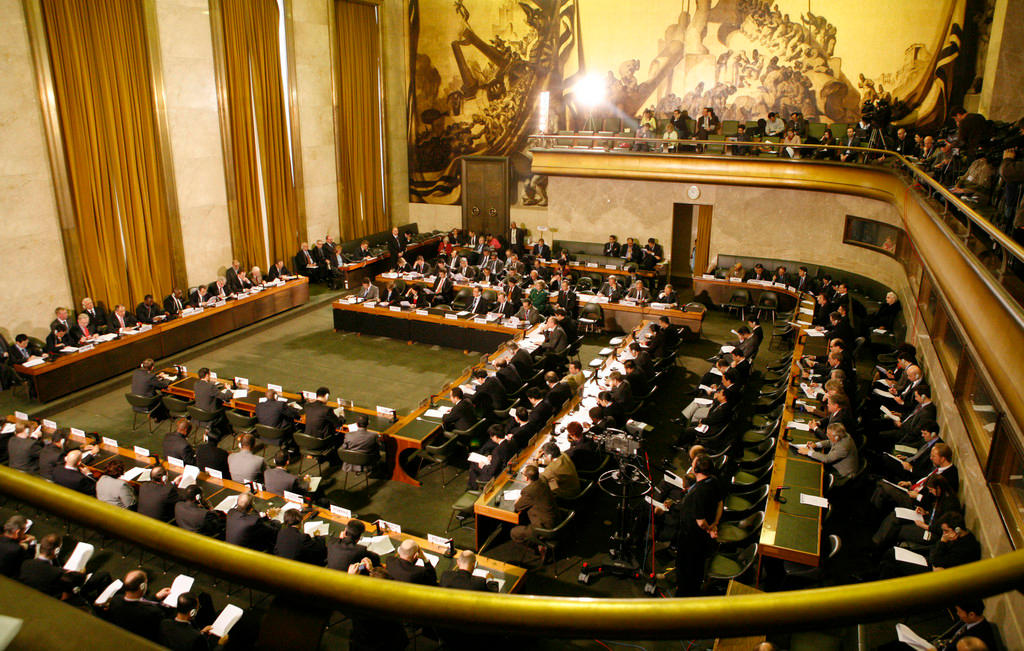
Switzerland takes over the presidency this week of the world's main multilateral forum for nuclear disarmament, which has been deadlocked for two decades. The small non-nuclear state will try to build on new momentum to inject life into the paralysed forum.
On a chilly winter afternoon in Geneva, light floods through the lofty windows of the Palais des Nations Council Chamber. In the imposing conference room, diplomats from 65 countries, including the main nuclear powers, assume a grave countenance as they listen to speeches. Huge gold-and-sepia figures depicting the progress of man, solidarity and peace – murals painted by Catalan artist José Maria Sert in 1936 – look down from above.
The historic ceremonial meeting room was once home to the Council of the League of Nations, the predecessor of the United Nations Security Council. It was here that negotiations took place to end the 1991 Gulf War. And it is here that member states have gathered since 1979 for the Conference on Disarmament (CD).External link
But the CD has been blocked ever since the Comprehensive Nuclear Test Ban TreatyExternal link was adopted in 1996. Disagreements between states on which disarmament topics should be negotiated, linkages between issues and the need to agree by consensus have left the forum unable to agree on a way forward.
Newfound optimism
On Monday, Switzerland begins the first of its two two-week presidential sessions of the CD in 2018 – the last was 12 years ago. Their latest stint at the helm comes at a time when change may be in the air. Member states are talking about a “new sense of urgency” to accelerate the pace of multilateral disarmament and non-proliferation, and a possible procedural breakthrough.
Sabrina Dallafior, Switzerland’s ambassador to the UN External linkin charge of disarmament issues, is optimistic.
“Since the opening of the 2018 CD session in January, we have observed a new dynamic,” she told swissinfo.ch.
The diplomatic skills of the CD’s recent Sri Lankan president and a readiness by other states led to an unexpected breakthrough on February 16, when it was agreed by consensus to start substantive work and to establish five working groups to explore common ground on so-called “core issues”. These include nuclear disarmament, a ban on the production of fissile material, negative security assurances (wherein nuclear powers agree not to attack non-nuclear states), preventing an arms race in outer space, and emerging weapons technologies.
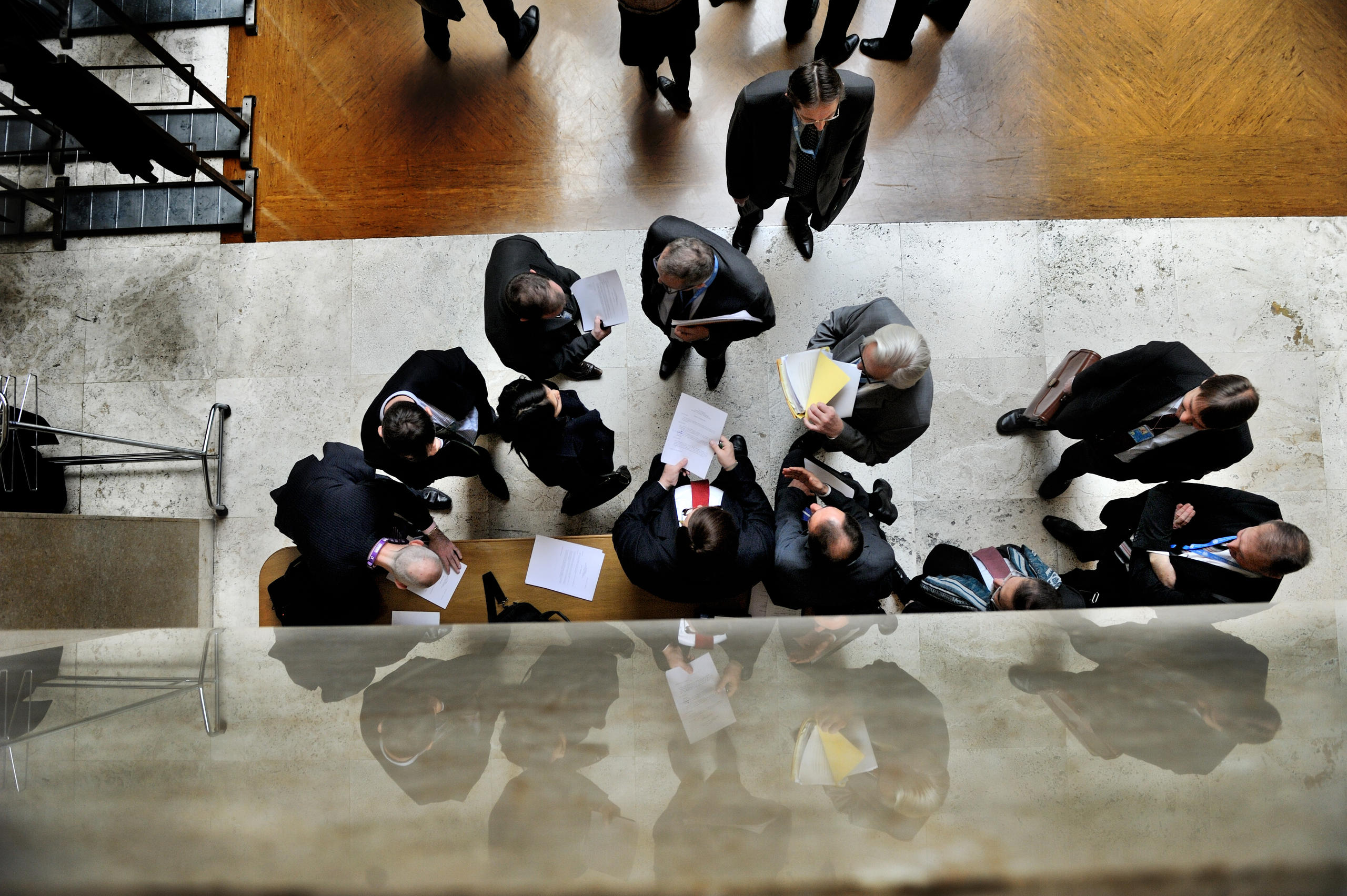
More
Geneva’s long-running diplomatic ballet
Dallafior said the February decision was significant, noting “a willingness by all 65 members to take pragmatic and practical steps”.
Switzerland is eager to build on that success.
“We are trying to do substantive work without launching actual negotiations, but to set the stage for such a development,” the Swiss ambassador explained. “We put aside the political question and become technical, practical and pragmatic.”
“We also seek to identify whether there are instruments that we have not considered so far that could be worth negotiating. Once this done, we will see if we can really de-link the different issues or if there are countries which will not be able to agree moving forward and if further work is required.”
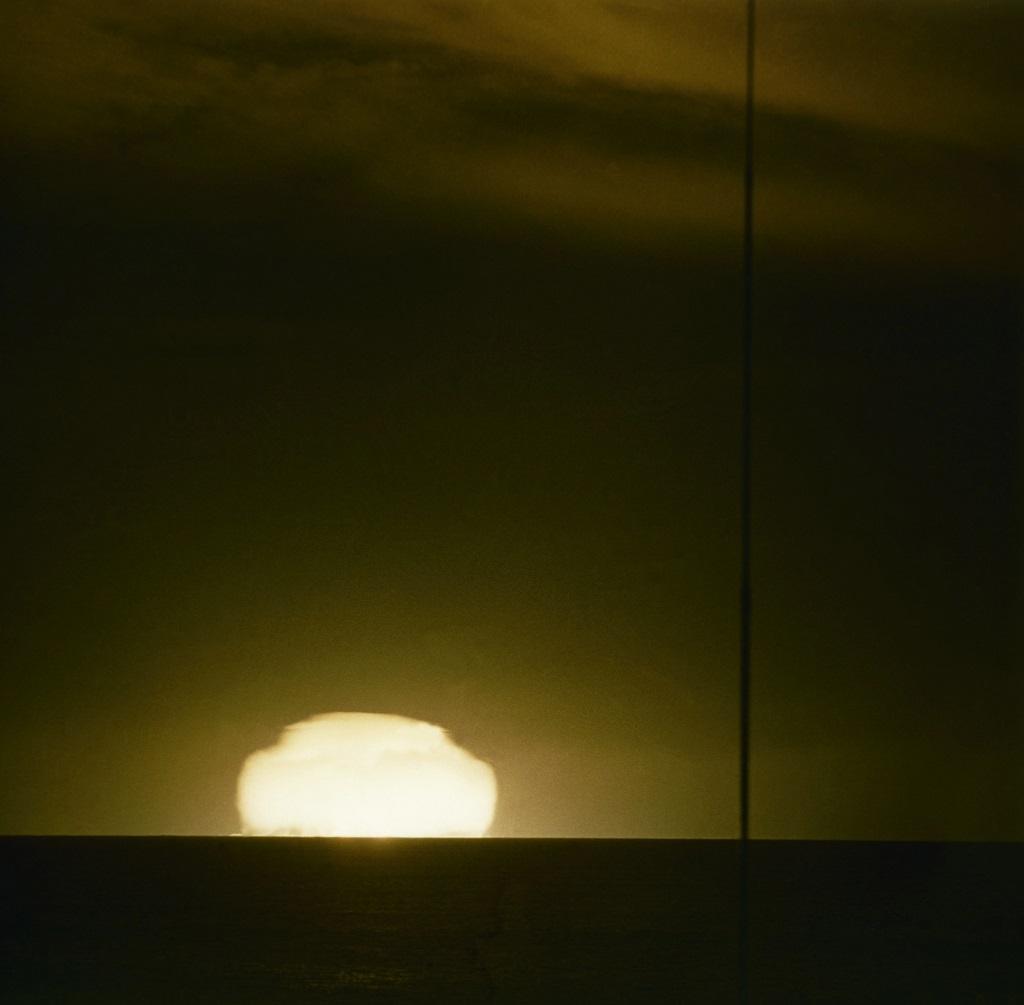
More
Why Switzerland hasn’t (yet) signed the treaty banning nuclear weapons
“Modest” expectations
Geneva-based disarmament observers seem sceptical, however.
Richard Lennane, head of the non-profit Geneva Disarmament PlatformExternal link, said Switzerland is well-placed as a “bridge-builder with a calm voice”, but that overcoming the blockages will not be easy.
“We’ve seen similar ideas over the past 20 years to make it looks as if the CD is doing something but it just evolves into yet another talking shop with maybe the chairs arranged differently in the room,” he warned. “In my view we should scrap it and start again, but for some states it serves an important role and they want to make it work.”
Marc Finaud, a disarmament expert at the Geneva Centre for Security Policy (GCSP)External link, agreed Switzerland could use its traditional diplomatic know-how and weight to bring positions closer together on issues such as a prohibition of fissile material or assurances of non-attack by nuclear states. But the broader issue of nuclear disarmament is much more difficult. He pointed out that Switzerland is hesitating over whether to sign the Nuclear Weapons Ban Treaty.
In general, the Geneva disarmament community only has “modest” expectations for the CD, he said.
“Many sceptics fear that nothing will change substantially because procedural decisions cannot overcome the reality of major differences. On the one hand, nuclear-armed states are intent on clinging to their weapons indefinitely and, on the other hand, a majority of countries are determined to achieve their prohibition and elimination sooner than later. In this respect, little room for compromise exists,” Finaud wrote in an online editorialExternal link last month.
“One can only hope that honest and serious discussions will lead to more respect for past arms control agreements and pave the way for more ‘interim steps’ on the long road towards complete nuclear disarmament.”
The reality is that in recent years, all major arms control and disarmament agreements adopted by the international community were negotiated outside the multilateral forum and largely driven by civil society. These include the Ottawa Convention on Antipersonnel Landmines, the Convention on Cluster Munitions, the Arms Trade Treaty, and the Nuclear Weapons Ban Treaty.
Finaud wonders whether the recent buzz of activity at the CD is a reaction to last year’s signature of the Nuclear Weapons Ban Treaty and the attribution of the Nobel Peace Prize to the Geneva-based International Campaign to Ban Nuclear Weapons (ICAN).
A key moment
Switzerland takes over the CD presidency at a critical juncture. Reflecting global tensions, the CD has been the scene of recent verbal clashes between American, Russian and North Korean officials over nuclear and chemical weapons. Some say it’s déjà vu, but speculation has mounted following the recent surprise announcement of a possible bilateral summit and nuclear talks between US President Donald Trump and North Korea’s Kim Jong-un.
In parallel, UN Secretary General Antonio Guterres last month outlined to the CD his plans for a new global disarmament initiative which targets not only nuclear, chemical and conventional arms but also autonomous and unmanned weapons, artificial intelligence, biotechnology and space-based systems. It is unclear which aspects might fall under the CD’s responsibility, if any. His initiative was welcomed by Swiss Foreign Minister Ignazio Cassis, but drew a cautious response from the representatives of nuclear powers.
United States Ambassador Robert Wood said diplomats needed to accept that nuclear disarmament in the near term was unrealistic. Earlier this month, the US released its “nuclear posture review”, which justified an expansion of its “low-yield” nuclear capability by saying it would deter Russia’s tactical nuclear weapons.
Looking at the bigger picture, Dallafior said Switzerland was greatly concerned by a perceived trend towards nuclear armament rather than disarmament.
“The quantity of nuclear weapons may have gone down but capacities have increased from a qualitative standpoint. Every nuclear state is carrying out modernisation programmes,” she noted. “We are convinced that we will only manage to effectively take forward nuclear disarmament by working with nuclear-armed states and not by working against them.”
The Conference on Disarmament (CD)
Established in 1979 as the single multilateral disarmament negotiating forum of the international community, the CD was a result of the first Special Session on Disarmament of the United Nations General Assembly held in 1978.
It succeeded other Geneva-based forums, which include the Conference for the Reduction and Limitation of Armaments (1932-34), the Ten-Nation Committee on Disarmament (1960), the Eighteen-Nation Committee on Disarmament (1962-68), and the Conference of the Committee on Disarmament (1969-78).
The terms of reference of the CD include almost all multilateral arms control and disarmament problems. It currently focuses on: cessation of the nuclear arms race and nuclear disarmament; prevention of nuclear war, including all related matters; prevention of an arms race in outer space; effective international arrangements to assure non-nuclear-weapon States against the use or threat of use of nuclear weapons; new types of weapons of mass destruction and new systems of such weapons including radiological weapons; comprehensive programme of disarmament and transparency in armaments.
The CD meets in an annual session, which is divided in three parts of 10, 7 and 7 weeks, respectively. The first week traditionally begins in the penultimate week of January. The CD is presided by its members on a rotating basis. Each president presides for a period of four weeks.
It reports to the General Assembly annually, or more frequently as appropriate. Its budget is included in that of the United Nations. The Conference conducts its work by consensus. Switzerland is holding the CD presidency from March 19-30, 2018 and May 14-25, 2018
Past successes
– The Treaty on the Non-Proliferation of Nuclear Weapons (signed 1968/effective 1970)
– The seabed treaties (signed 1971/effective 1972)
– The Environmental Modification Convention (signed 1977/effective 1978)
– The Biological Weapons Convention (signed 1972/effective 1975)
– The Chemical Weapons Convention (signed 1993/effective 1997)

In compliance with the JTI standards
More: SWI swissinfo.ch certified by the Journalism Trust Initiative

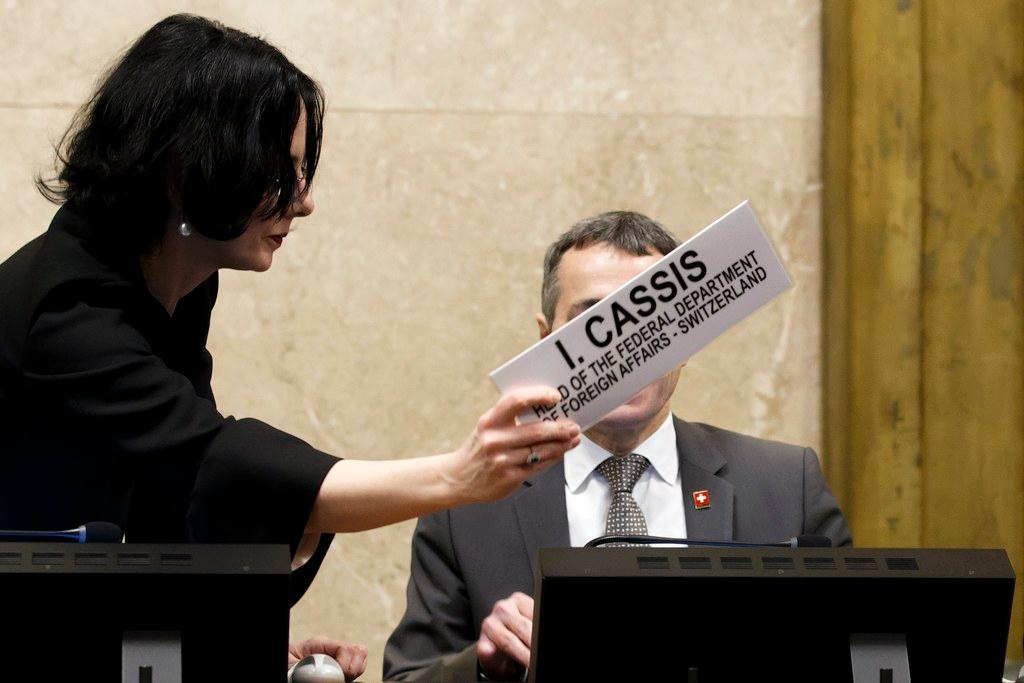
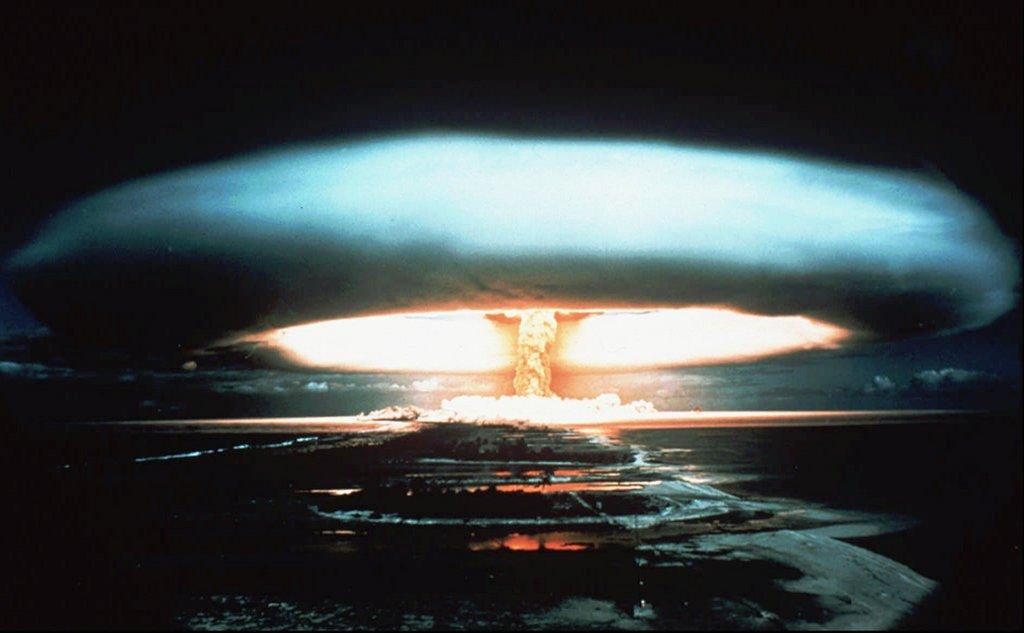
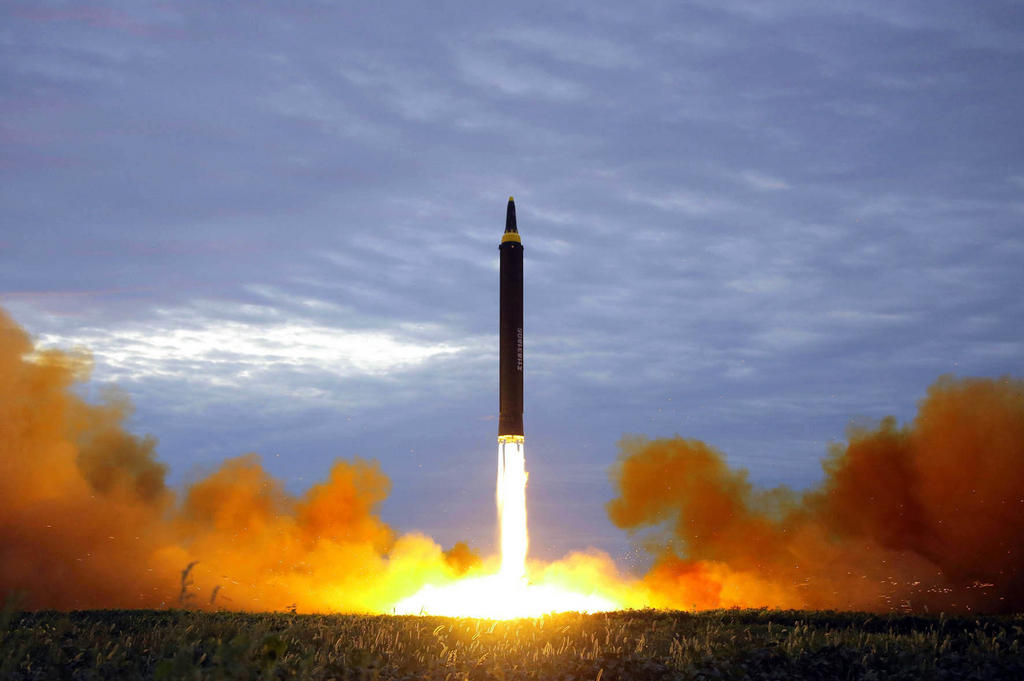
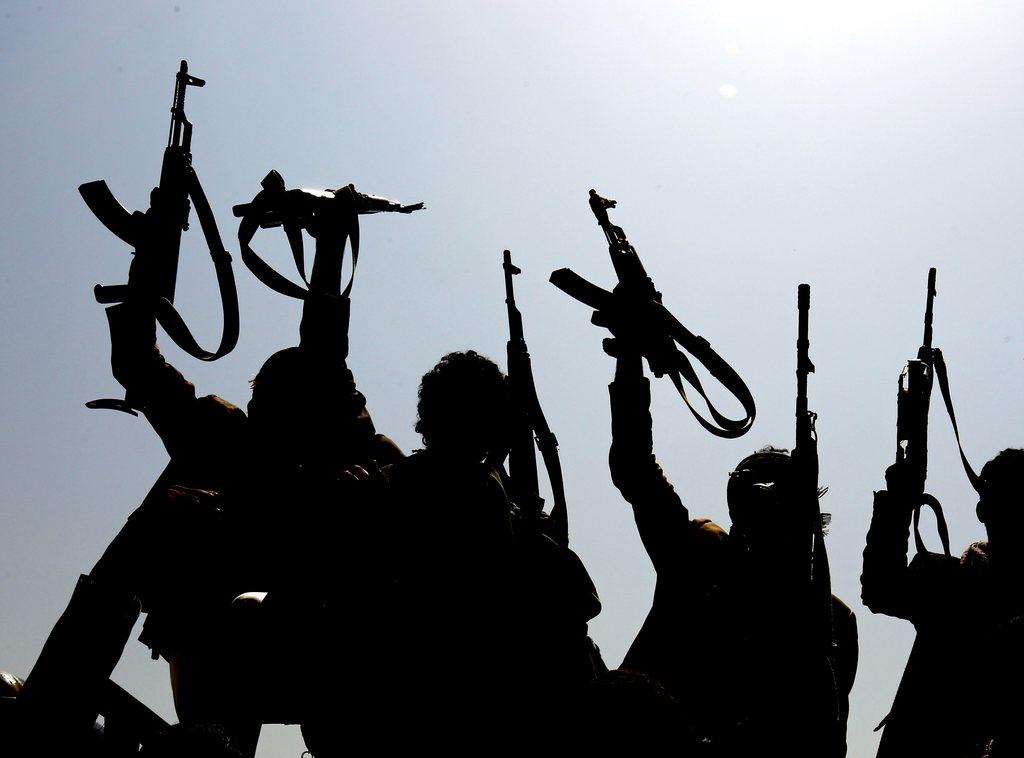
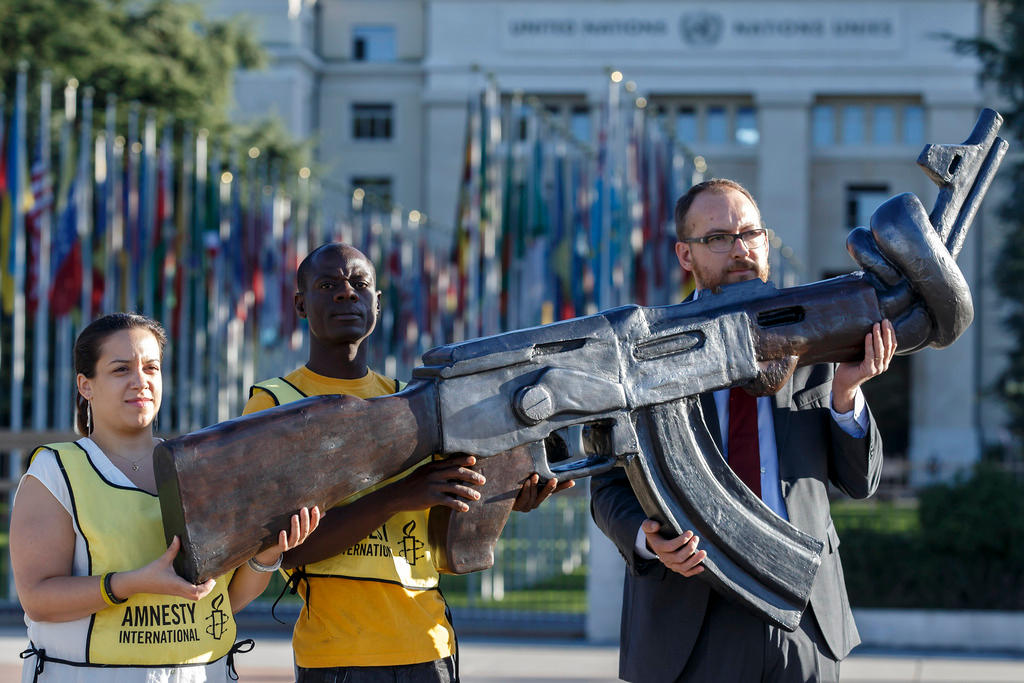
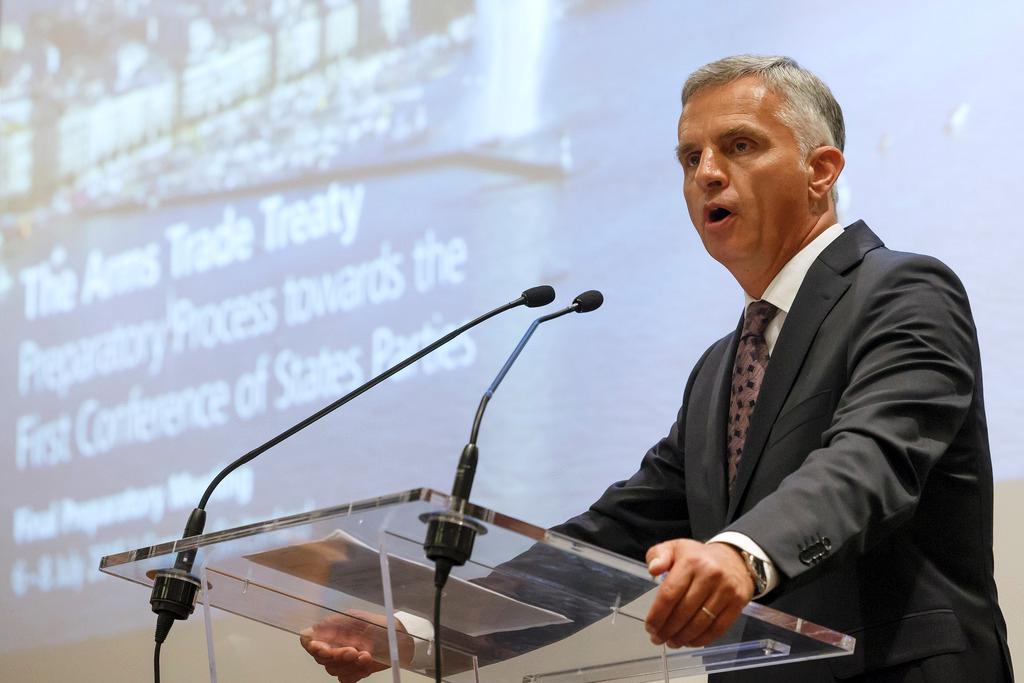
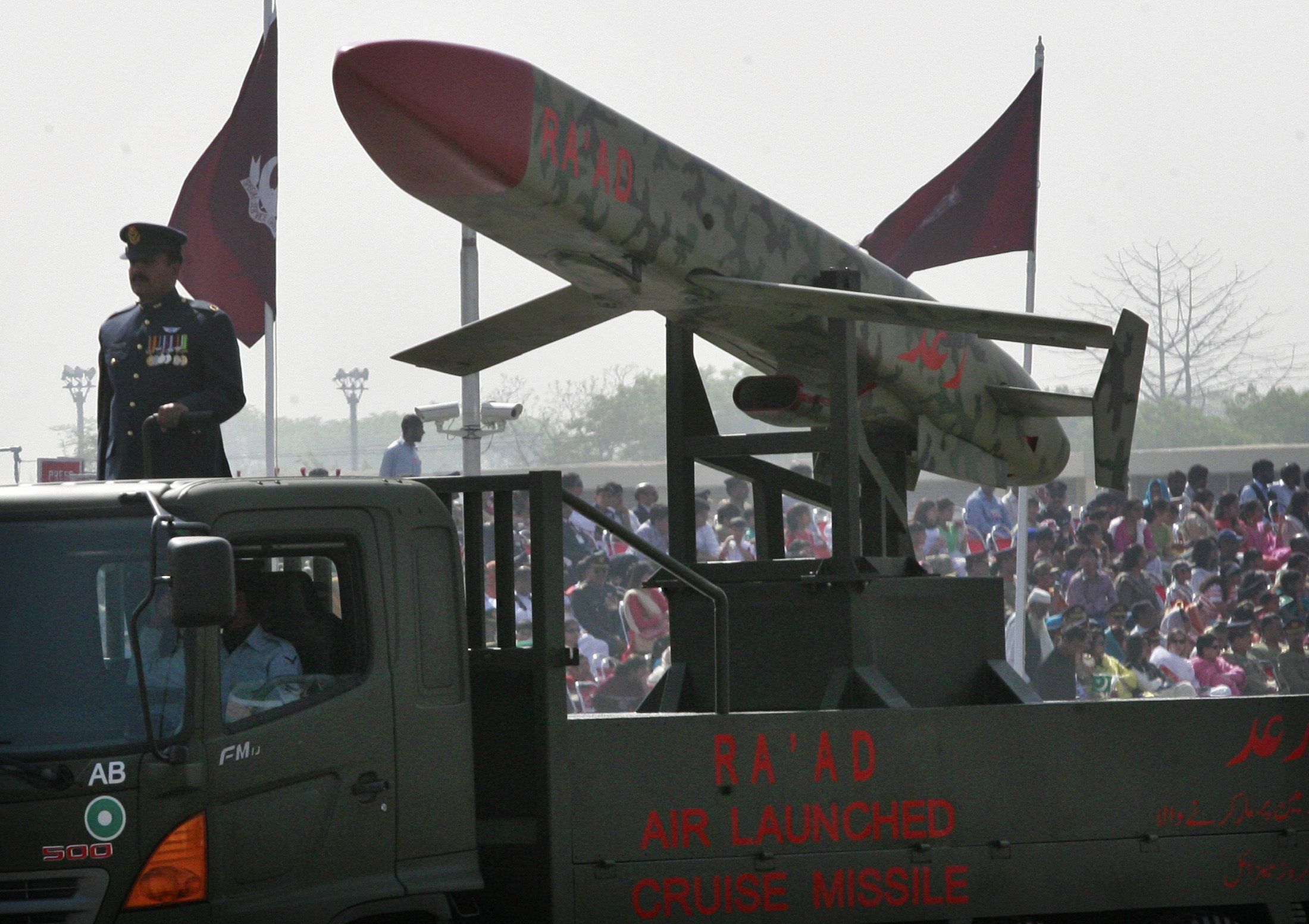
You can find an overview of ongoing debates with our journalists here. Please join us!
If you want to start a conversation about a topic raised in this article or want to report factual errors, email us at english@swissinfo.ch.